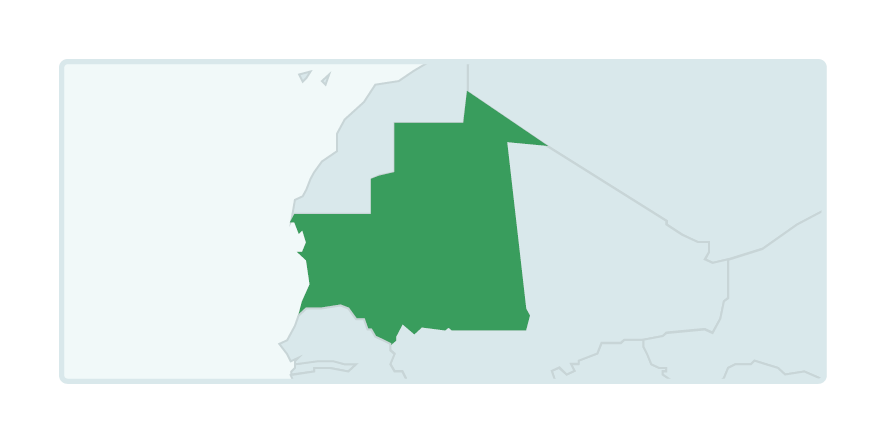The population of the Hodh Ech Chargui (HEC) region (12.3 % of the national population) is mainly young, rural, and experiencing a high level of poverty and a food crisis situation. Since 2012, the emergence of conflicts and insecurity in Mali has generated population movement, internal displaced persons, and people returning to Mauritania (more than 90,000 people in HEC).
The Khaïma project, coordinated by GRET and its partners Ecodev and Tenmiya, is taking an integrated approach to provide solutions on a human scale to the problems identified, based on opportunities in the region. The problem-solving approach is structured around the creation of conditions that are conducive to sustainable, inclusive economic and social development in rural areas in the Djiguenni and Timbedra Moughataas. The project is particularly focusing on support for agro-pastoral initiatives.

